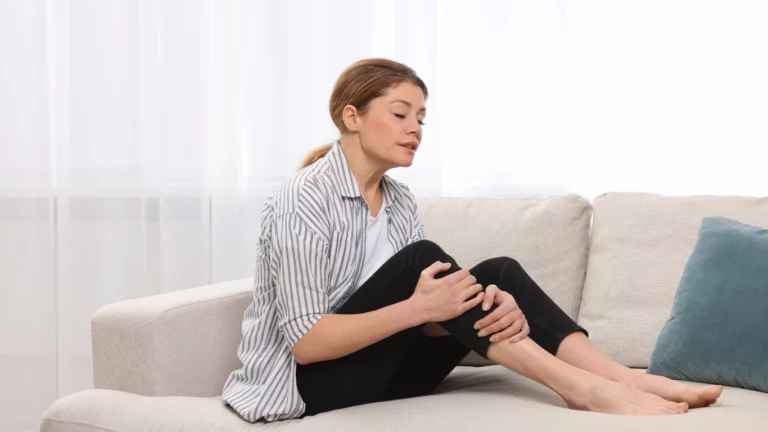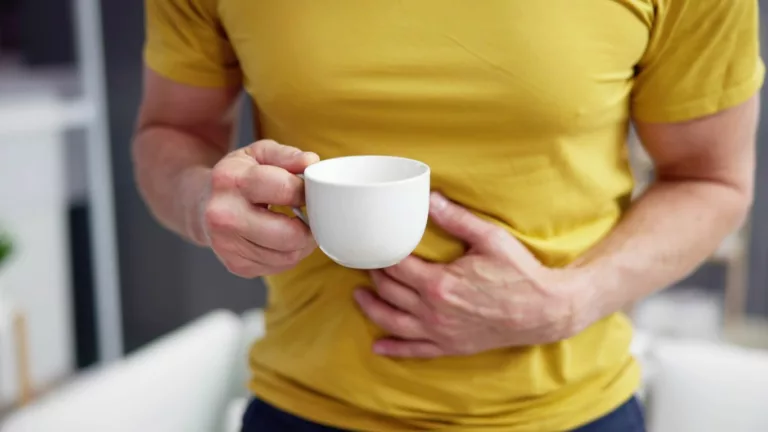Why High BP After Eating Sweets Could Be a Red Flag
Have you ever noticed your blood pressure rising after eating something sweet? It might feel like your heart is beating faster or you get a little flushed. While it’s normal for blood sugar to rise after eating, some people experience a spike in blood pressure too—especially after sugary snacks or desserts. This isn’t something to panic about, but it’s important to understand what’s going on and when to talk to your doctor.
Understanding High Blood Pressure After Eating Sweets
High blood pressure, also called hypertension, happens when the force of blood pushing through your arteries is too strong. Over time, this can strain your heart and damage your blood vessels. Blood pressure is usually written as two numbers, like 120/80. The first number is systolic pressure (when your heart beats), and the second is diastolic pressure (when your heart rests between beats).
After eating sugary foods, some people notice a temporary increase in blood pressure. This may happen more often if you already have high blood pressure, prediabetes, or insulin resistance. It can also be more common as we age.
Understanding how your body reacts to sugar can help you make better food choices and manage your blood pressure more effectively.
How the Body Reacts to Sugar
When you eat sweets, your body breaks down the sugar into glucose, a type of simple sugar that gives you energy. This causes your blood sugar to rise, and your pancreas releases insulin to help move the sugar into your cells. This process is normal—but if it happens too often or too quickly, it can affect other systems in your body, including your blood pressure.
Sugar can cause the body to hold onto sodium and water, which increases blood volume and raises blood pressure. In some cases, it also triggers your nervous system to release stress hormones like adrenaline. These changes make your heart beat faster and narrow your blood vessels, which can lead to a short-term spike in blood pressure.
Eating a lot of sugar regularly may also lead to long-term health problems like obesity, diabetes, and chronic hypertension.
Why Blood Pressure May Rise After Sweets
- Insulin spikes: High sugar intake leads to a sharp increase in insulin, which may raise blood pressure.
- Increased sodium retention: Sugar can cause your kidneys to hold onto sodium, raising blood volume.
- Activation of the sympathetic nervous system: This system controls your “fight or flight” response and can increase heart rate and pressure.
- Inflammation: A high-sugar diet can cause low-grade inflammation in the blood vessels, making them stiffer and narrower.
- Weight gain: Regular consumption of sugary foods can lead to extra pounds, which is a major risk factor for high blood pressure.
If you notice your blood pressure creeping up after meals, especially sweet ones, it may be worth keeping a food diary and tracking how you feel. This can help you and your healthcare provider see patterns over time.
Common Symptoms After Eating Sweets
Not everyone feels symptoms, but some people may notice:
- Headache or lightheadedness
- Flushed or warm face
- Feeling anxious or jittery
- Increased heart rate
- Blurred vision
- Shortness of breath
These symptoms could be related to rising blood pressure or blood sugar spikes. Keeping track of when these symptoms occur—and what you ate—can help you figure out if sweets are the trigger.
If symptoms are mild and go away quickly, they may not be serious. But it’s a good idea to mention them at your next check-up.
Who’s Most at Risk?
Some people are more likely to experience blood pressure changes after eating sugar, including:
- People with high blood pressure or prehypertension
- Those with type 2 diabetes or insulin resistance
- Older adults, whose blood vessels may be less flexible
- People with metabolic syndrome (a group of conditions including high blood pressure, high blood sugar, and obesity)
- Those who are overweight or sedentary
Even if you don’t have these risk factors, it’s still wise to be mindful of sugar intake. Reducing added sugars can benefit nearly everyone’s health.
When to Talk to Your Doctor
It’s time to call your doctor if you notice:
- Blood pressure readings over 140/90 more than once
- Chest pain, dizziness, or fainting after eating
- Blurry vision or sudden fatigue after sugary meals
- A fast or irregular heartbeat
- Symptoms that don’t go away or keep coming back
Bring a record of your symptoms and what you ate before they happened. This can help your doctor figure out if sugar is playing a role and recommend next steps.
You may be advised to monitor your blood pressure at home, change your diet, or get blood tests to check for insulin resistance or other conditions.
Simple Tips to Prevent Spikes
You don’t have to give up sweets completely—but some smart habits can help reduce blood pressure changes after eating them:
- Pair sugar with protein or fiber: This helps slow down digestion and reduces blood sugar spikes.
- Drink water: Staying hydrated helps your body manage sodium and blood pressure more effectively.
- Choose natural sugars: Whole fruits have fiber and nutrients that processed sweets lack.
- Limit added sugars: Aim for less than 25 grams per day for women, and 36 grams for men, according to the American Heart Association.
- Stay active: Regular movement can help regulate both blood sugar and blood pressure.
Try swapping a sugary snack with fruit, yogurt, or nuts now and then. Small changes can make a big difference over time.
Bottom Line
It’s not uncommon to notice a rise in blood pressure after eating sweets, especially if your body is sensitive to sugar. While a single sugary treat won’t harm most people, repeated spikes may be a sign that it’s time to check in with your doctor. High blood pressure is often called a “silent” problem because it doesn’t always cause symptoms—but it’s one of the top risk factors for heart disease and stroke.
By understanding how sugar affects your body and making small, healthy swaps, you can take better control of your blood pressure. If you ever feel unsure, it’s always smart to talk to your healthcare provider.
Your health is worth the attention—and sweet balance is possible.

Dr. Gwenna Aazee is a board-certified Internal Medicine Physician with a special focus on hypertension management, chronic disease prevention, and patient education. With years of experience in both clinical practice and medical writing, she’s passionate about turning evidence-based medicine into accessible, actionable advice. Through her work at Healthusias.com, Dr. Aazee empowers readers to take charge of their health with confidence and clarity. Off the clock, she enjoys deep dives into nutrition research, long walks with her rescue pup, and simplifying medical jargon one article at a time.







